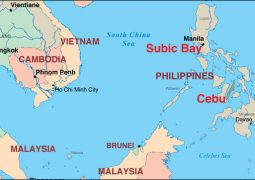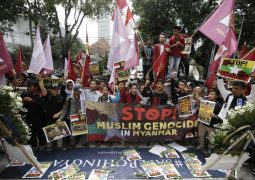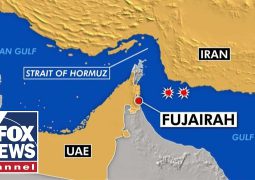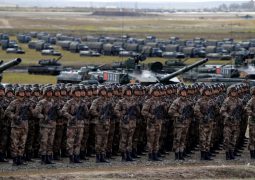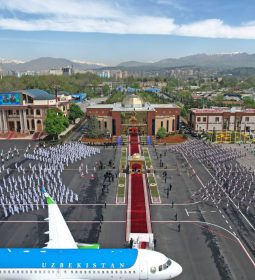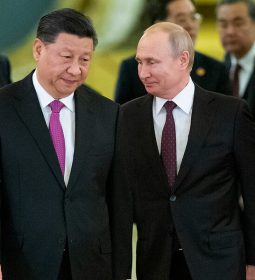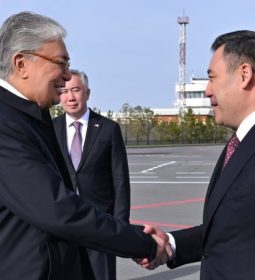Philippines trimming, not scrapping, military work with U.S.: minister

President Rodrigo Duterte has decided to retain the Philippines’ security alliance with former colonial power the United States, according to the country’s defense minister, but joint military activities will be scaled back and less combat-focused.
Duterte has threatened repeatedly to cut defense pacts and end joint drills involving thousands of soldiers, after lashing out at criticism by the Obama administration of his war on drugs, which has claimed more than 2,300 lives in four months.
But Defence Secretary Delfin Lorenzana said the security alliance with the United States would not be scrapped, including a 2014 agreement that allows prolonged deployment of American forces in the country.
“It will remain,” Lorenzana told reporters, referring to the strategic alliance with Washington. “No, it will not be abrogated. But we will reduce the number of activities.”
However, naval exercises known as CARAT, or cooperation afloat readiness and training, and Phiblex, a marine amphibious landing exercise, would be ditched, he said. Both have been held annually.
Lorenzana said the war games called Balikatan (shoulder-to-shoulder), involving thousands of American and Filipino soldiers and marines, would continue but be re-focused on humanitarian, engineering and civic action activities.
“We will also retain small unit exercises, like special operations, counterterrorism and anti-narcotics,” he said, adding the military would inform its U.S. counterparts about the president’s decision at a meeting this month.
A spokeswoman for the U.S. State Department, Anna Richey-Allen, said the United States had not received any official notification from the Philippines, and added: “We will be seeking clarification through direct dialogue.”
“We will continue to consult, as we always have, with our Filipino partners to appropriately tailor our assistance. We will honor our alliance commitments and treaty obligations and expect the Philippines to do the same.”
The Pentagon did not immediately respond to a request for comment.
Duterte’s declarations that exercises this year between the two militaries were “the last” because he hated having foreign troops in the country have resonated internationally, and baffled much of the region, as have his overtures to historic rival China.
Despite the threats, only one exercise – joint patrols inside the Philippines’ 12-mile territorial waters – has been officially canceled.
On Monday Duterte said he had canceled an order for 26,000 assault rifles for the police, after a U.S. senator said he would halt the deal over human rights concerns.
On Monday, State Department spokesman Mark Toner said it was his understanding that United States had not received any notification on the cancellation of the rifle sale.
A Philippine defense ministry spokesman, Arsenio Andolong, said the Philippines would cut to six or seven the number of military drills with the United States set for next year, from an initial figure of more than a dozen.
“The president hit the reset button and there are new operating parameters when it comes to these agreements,” he said.
The United States vowed to protect the Philippines from external aggression in a mutual defense treaty signed during the Cold War in 1951, and the allies enjoyed special ties until Manila closed U.S. military bases in 1992.
After a Visiting Forces Agreement struck in 1998, however, the U.S. military returned in 2000 for training and exercises in the Philippines.
The relationship was tightened further in 2014, when an Enhanced Defense Cooperation Agreement gave U.S. forces access to military bases and some troop rotation. Duterte has hinted he would abrogate that treaty.
(Reporting by Manuel Mogato; additional reporting by David Brunnstrom in Washington; Editing by Martin Petty and Tom Brown)
- Previous High-speed train to begin to run on route Andijan – Urgench
- Next State Competition Committee’s Chairman launches virtual reception




